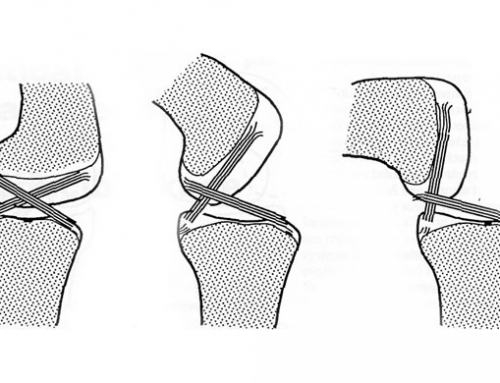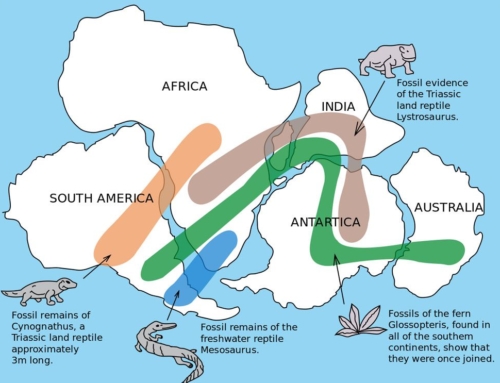As we observe the facts and behaviour so ideas form about their meaning. From these ideas we develop hypotheses to explain them. But are these ideas correct?
A hypothesis, then, is a testable contribution to knowledge. In pure science it should be possible to repeat the same tests, conducted under the same conditions, and accurately predict the outcome each time.
For an hypothesis and its assumptions to be validated, it is necessary to test different examples of the same occurrence in this way.
Hypotheses
The litmus test illustrates an example of an idea derived from an observation. Arnau de Vilanova, a 13th century Spanish Alchemist discovered that a blue dye extracted from lichens turned red in contact with any acid. Would this always be so? This hypothesis has been well tested and validated since it was first discovered and is still used as a simple test of acidity today.
- The Litmus Test






